Chiemelie Ezeobi
As Anambra State prepares for its November 8 governorship election, tension naturally simmers, but this time there is a quiet calm beneath the political noise. At the centre of it is Commissioner of Police, CP Ikioye Orutugu, whose people-driven approach is reshaping what election security looks like in one of Nigeria’s most politically charged states.
Since assuming office as the 34th Commissioner of Police in Anambra State, Orutugu has taken policing beyond patrols and checkpoints. His method is anchored on dialogue, inclusion and early prevention. From Aguata to Onitsha, Ihiala to Ogbaru, he has been holding town hall meetings with traditional rulers, youth groups, women’s leaders and political actors, not to lecture but to listen and build trust.
“We are not politicians. The police have no stake in who wins or loses,” he told stakeholders in Aguata. “Our duty is to ensure that everyone exercises their rights freely and without fear. The peace and safety of Anambra people come first.”
That philosophy, simple but rare, has begun to reshape community relations. Traditional rulers now lead local peace committees that warn against thuggery, while youths once seen as election foot soldiers are becoming partners in policing. The Police Community Relations Committee (PCRC) has been revitalised to include youth voices, turning former agitators into advocates for order.
In a region where distrust of the police once ran deep, Orutugu’s personal accessibility and calm style have softened perceptions. His Open Door Policy allows citizens to report misconduct directly, building transparency and legitimacy that policing alone cannot enforce.
The Commissioner’s efforts go beyond moral persuasion. Working under the Inter Agency Consultative Committee on Election Security (ICCES), he has strengthened collaboration between the police, the Independent National Electoral Commission (INEC) and sister agencies. Through intelligence sharing and joint planning, they are mapping out flashpoints, assessing threats and ensuring that no community becomes a theatre of election violence.
INEC officials in the state acknowledge that the approach is working. One senior official described the relationship as “the most open and cooperative we have experienced in years,” adding that it has restored confidence ahead of the polls.
Orutugu has also drawn women and the media into his peace drive. Women groups are being mobilised through market and faith networks to counsel their children and promote tolerance, while journalists are urged to report responsibly and avoid sensationalism.
“The media wields enormous power in shaping public perception,” he said recently in Awka. “You can help us win the peace before we even deploy for election duty.”
As campaigns intensify across Anambra, the results of this engagement are becoming visible. Political meetings now hold with minimal disruption, community leaders mediate disputes before they escalate, and police-community trust is growing.
Security analysts say the Anambra model offers lessons for other states, proving that policing democratic elections is not about force, but about partnership, empathy and shared responsibility.
“We cannot guarantee perfection, but we can guarantee commitment,” Orutugu said. “Our officers are ready, our communities are alert, and our goal is clear, a peaceful, credible and violence free election in Anambra State.”
If the coming election holds peacefully, much of the credit will go to CP Ikioye Orutugu, a Commissioner whose quiet, deliberate style has turned dialogue into the state’s strongest defence against division.



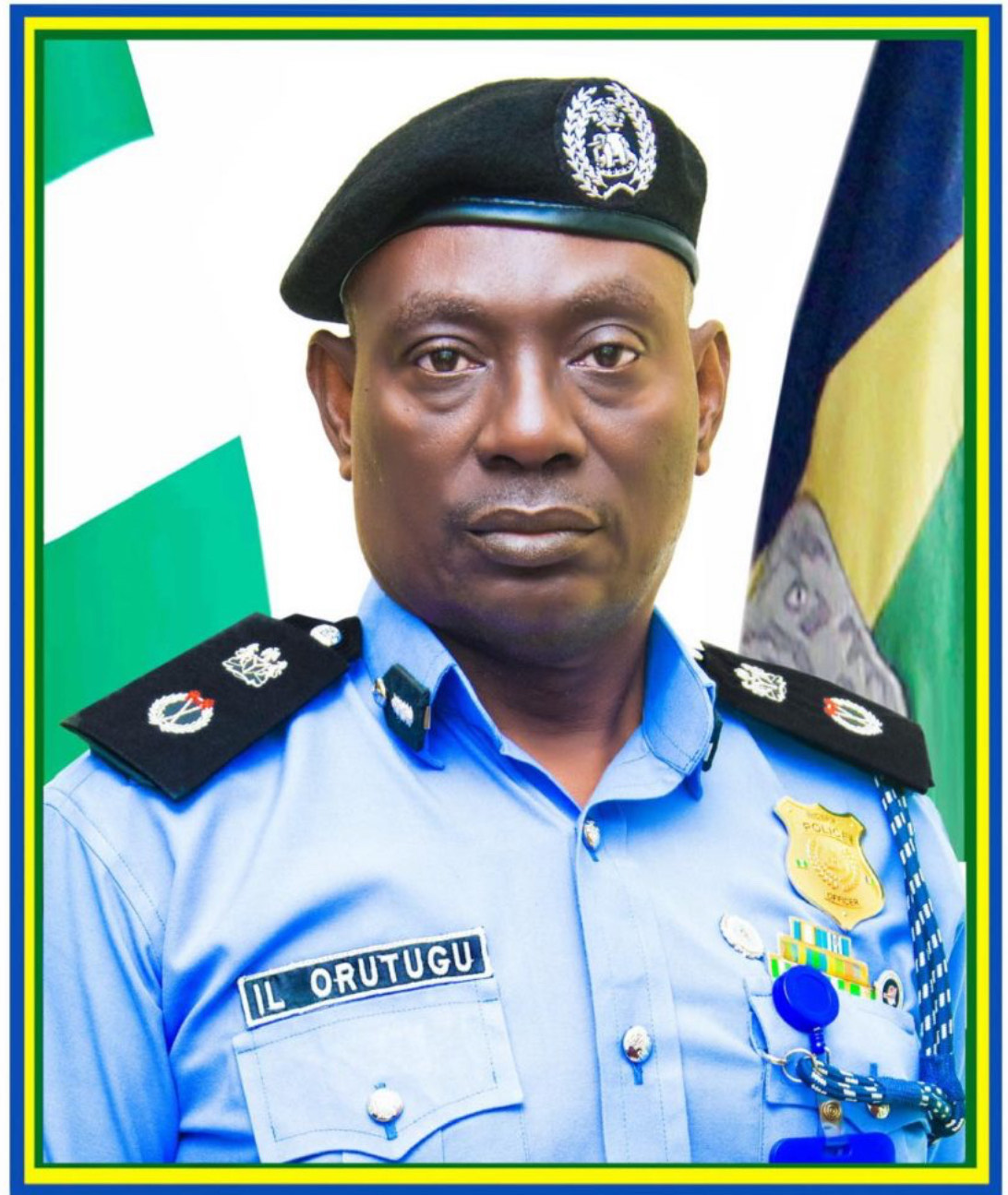


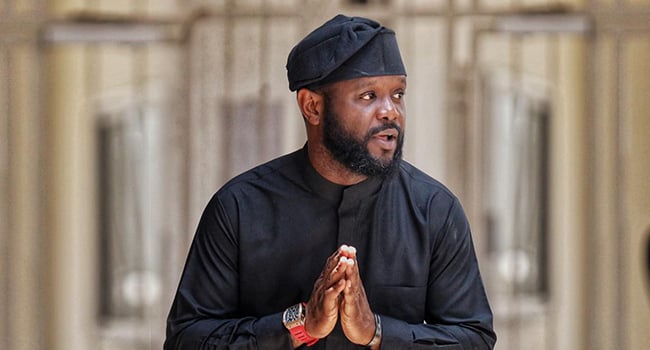


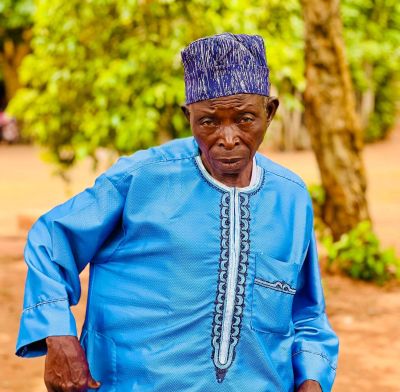
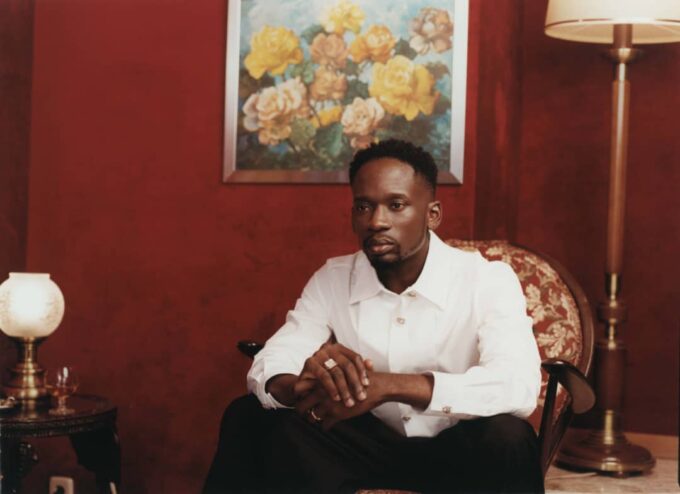

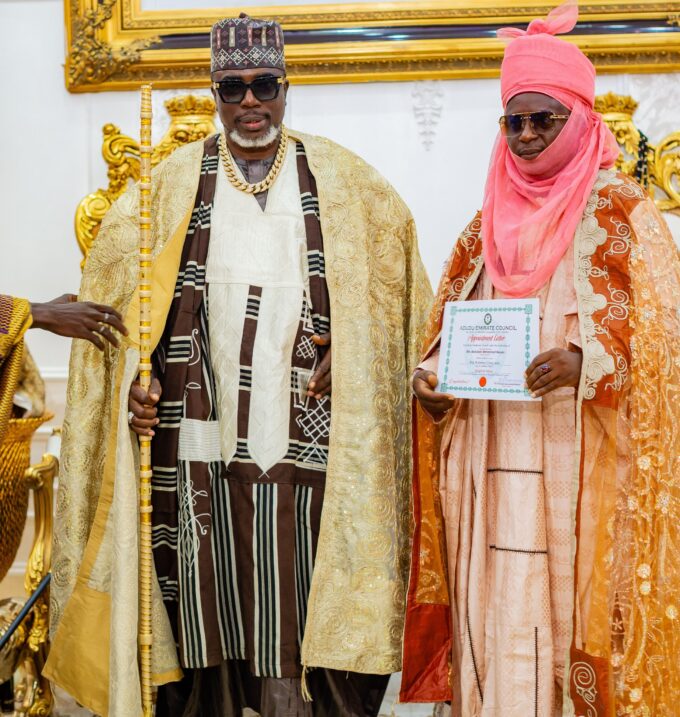





Leave a comment